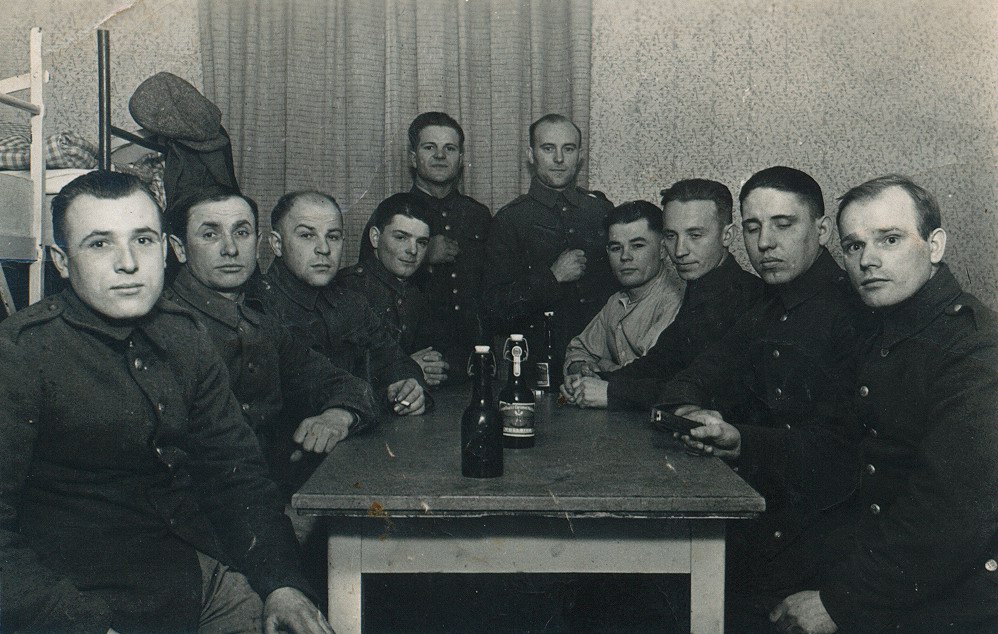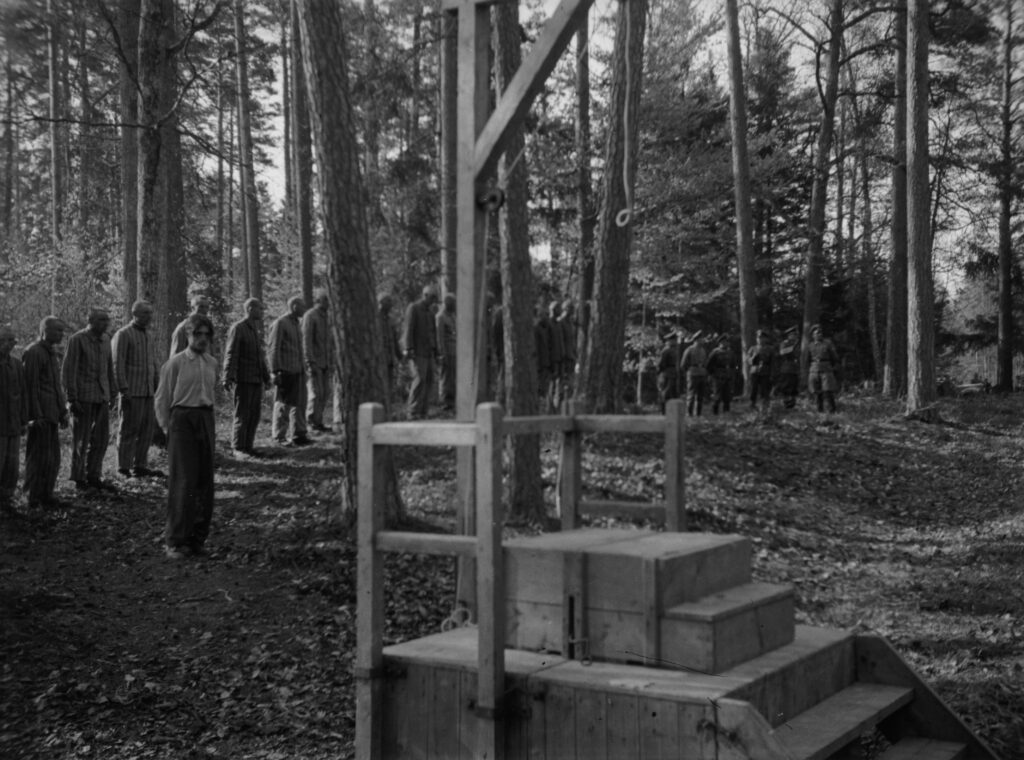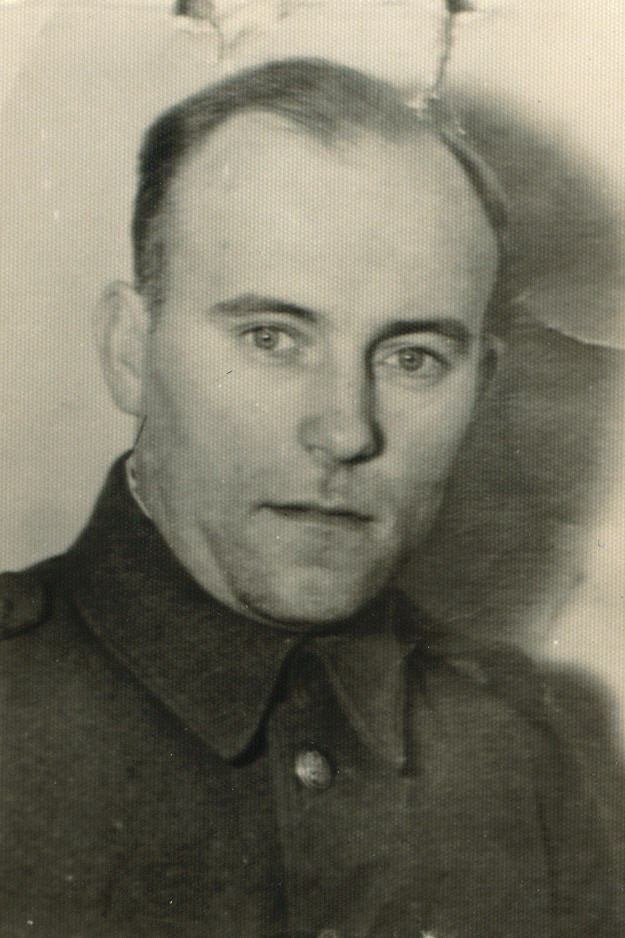Adam Szczerkowski was sent to Buchenwald Concentration Camp for “forbidden contact with German women”. The SS murdered him in a public execution.
Adam Szczerkowski came from Działoszyn in Poland. Shortly before the start of the war, he and his family returned to his Polish homeland from France, where he had worked as a miner for a while. As a soldier he fought in the Polish army. He was captured and sent to a prisoner of war camp in Germany. After a short time he was released, but had to remain in Germany. As a Polish forced laborer, he was assigned to a German farmer. From 1940 he lived on his farm in the small town of Hohenleuben in Thuringia.
As in numerous German towns and villages, other Polish forced laborers also lived there. Some of them, including Adam Szczerkowski, spent their leisure time with German women,but such contacts were strictly forbidden. However, the population of Hohenleuben initially tolerated these relationships. But in July 1941 the group was finally reported to the Gestapo for “forbidden contact”. The women were publicly humiliated: they were pulled through the city on a cart with the inscription “traitor to German blood”. Before the Gestapo arrested them, local NSDAP officials cut the women’s hair in front of a curious crowd on the market square. The men, including Adam Szczerkowski, were sent to Buchenwald Concentration Camp. He was forced into one of the hardest labor sections in the quarry for ten months.
On May 11, 1942, the SS took him and 18 other Polish prisoners to the small town of Poppenhausen. Two Polish forced laborers had mortally wounded a policeman and fled. The Gestapo took this as an opportunity to set a bloody example on the spot. Aiming to deter the Polish forced laborers deployed in the region, they not only hanged one of the perpetrators that day, but also 19 uninvolved Polish prisoners from Buchenwald Concentration Camp. The execution was a spectacle. In addition to party officials, German men and women flocked to the execution site as onlookers. A pastor who was present later noted in his parish chronicle: “I hurry! We encountered curious women who had pushed their way to the site through the woods and were turned away. ‘It’s already started!’ ‘The first of them are already hanging!’, they called to us brutishly, callously… The next moment we see the crowd, 500, 700 people! Including a number of women and girls.”
Adam Szczerkowski was only 37 years old. He left a wife and three daughters behind.

© The Szczerkowski family

© United States Holocaust Memorial Museum
